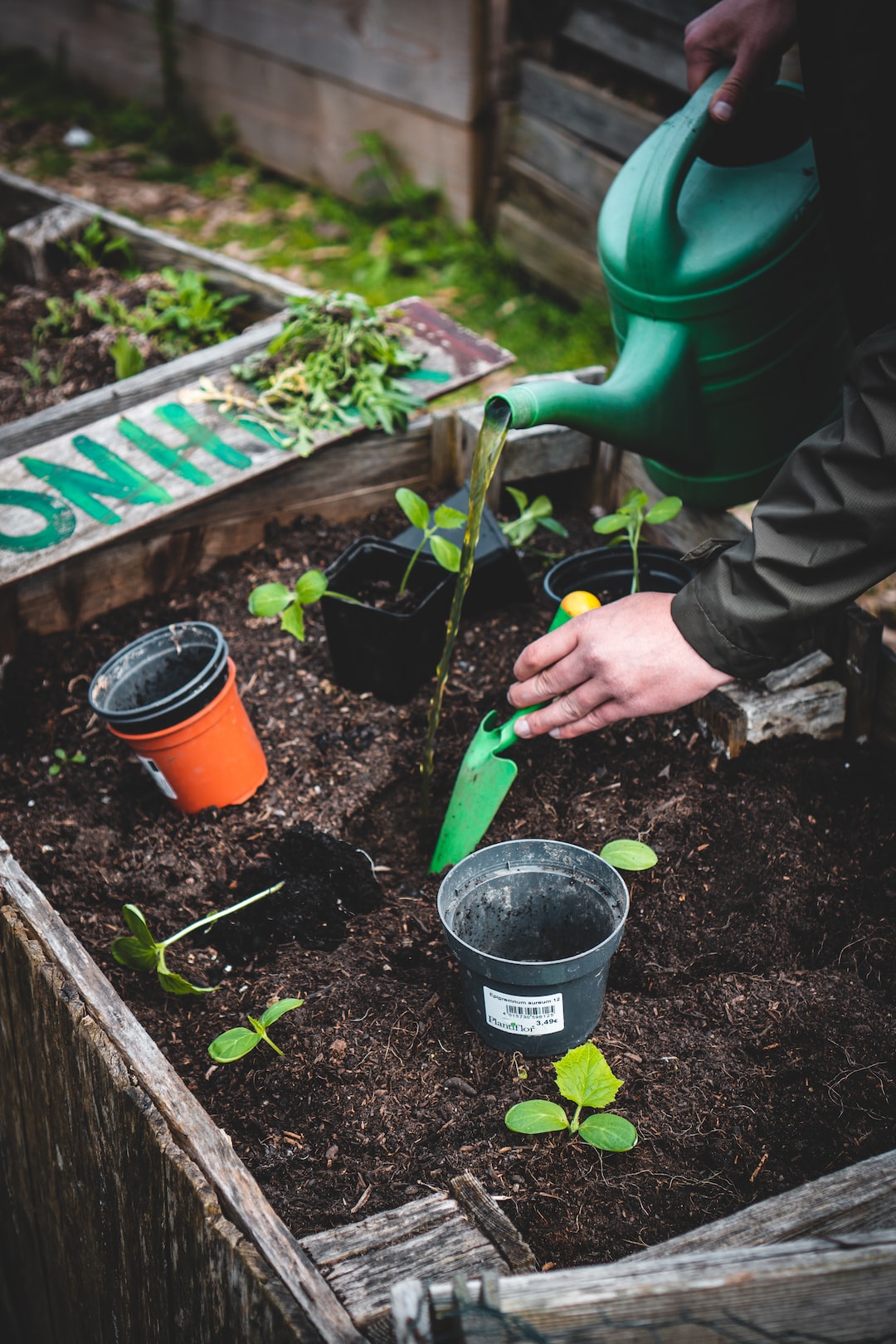Common Garden Pests and How to Get Rid of Them
Having a beautiful and thriving garden is a common desire for many homeowners. It is a place where one can relax, enjoy the beauty of nature, and even harvest fresh produce. However, maintaining a garden comes with its fair share of challenges, one of which is dealing with garden pests. These pesky creatures can wreak havoc on our beloved plants if left unchecked. In this blog post, we will discuss some common garden pests and effective ways to get rid of them.
Aphids are one of the most notorious garden pests. These tiny insects cluster on the underside of leaves, sucking vital nutrients and causing plants to deform or wilt. To control aphids, an organic and non-toxic option is to introduce beneficial insects such as ladybugs or lacewings to your garden. These natural predators will feast on aphids, keeping their population under control. If the infestation is severe, you can make a homemade insecticidal soap by mixing a teaspoon of mild dish soap with a quart of water and spraying it directly on the affected plants.
Snails and slugs are another common nuisance in the garden, especially during wet and humid weather. These slimy creatures munch on tender seedlings, leaving behind unsightly holes and damage. To deter them, create barriers using crushed eggshells or a ring of copper tape around your plants. You can also set up beer traps by burying shallow containers filled with beer in the ground. Snails and slugs are attracted to the scent, fall into the traps, and drown.
Spider mites, although tiny, can cause big problems in the garden. These minuscule pests thrive in hot and dry conditions, sucking sap from plant leaves and causing yellowing or stippling. Regularly spraying plants with a strong stream of water can help dislodge and control spider mites. Introducing predators like predatory mites or ladybugs can also keep their population in check. Make sure to avoid using broad-spectrum insecticides, as they can harm beneficial insects and disrupt the natural balance of your garden.
Cabbage worms and other caterpillars can be a nightmare for vegetable gardeners. These voracious eaters can decimate your crops within days. To combat them, consider using floating row covers to physically block them from reaching your plants. Additionally, planting trap crops like mustard greens or nasturtiums can attract cabbage worms away from your main crops. If the infestation is severe, you can manually remove the worms by hand or use an organic insecticide like Bacillus thuringiensis (Bt).
Fungal diseases, such as powdery mildew and gray mold, can also pose a threat to your garden. These diseases thrive in humid conditions and can negatively impact the health and appearance of your plants. To prevent fungal diseases, ensure proper air circulation by spacing plants appropriately and avoid overhead watering. If fungus appears, remove infected leaves or plants to prevent further spread. Organic treatments, such as neem oil or baking soda spray, can also help control and prevent these diseases.
In conclusion, garden pests can be a nuisance, but with a little knowledge and proactive measures, you can successfully keep them at bay. Employing organic and non-toxic methods, such as introducing beneficial insects, creating barriers, or using homemade remedies, will help maintain a healthy and thriving garden. By taking the time to understand the behavior and nature of common garden pests, you can effectively control their presence and enjoy the fruits of your labor. Happy gardening!


